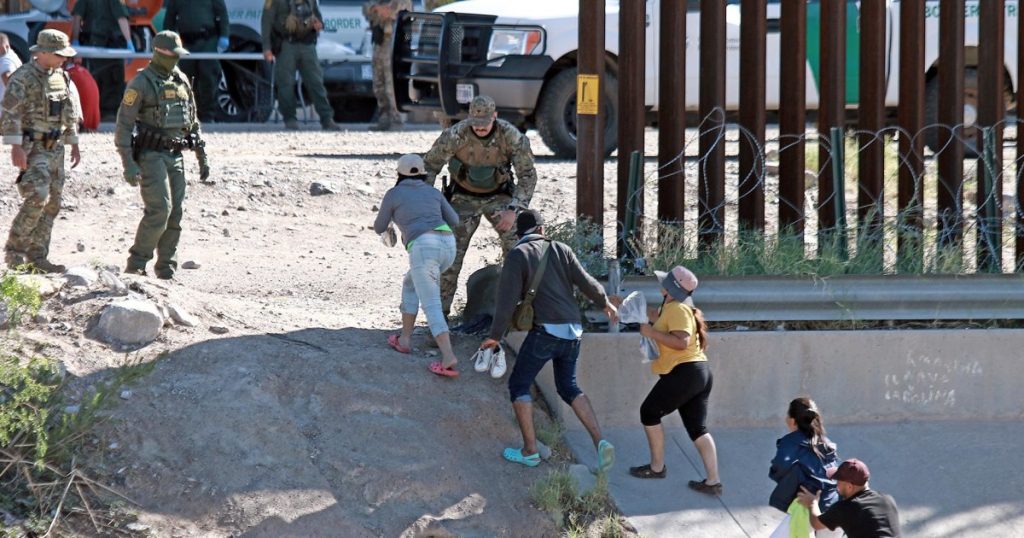WASHINGTON — The Supreme Court on Monday gave the Trump administration the green light to revoke special legal protections for thousands of Venezuelan immigrants, which could pave the way for them to be deported.
The high court granted an emergency application filed by the administration, meaning officials can move forward with reversing a decision made at the tail end of the Biden administration to extend protections for almost 350,000 Venezuelans under the federal Temporary Protected Status program.
The brief order noted that liberal Justice Ketanji Brown Jackson would have denied the application. Litigation will now continue in lower courts.
“This is the largest single action stripping any group of non-citizens of immigration status in modern U.S. history,” said Ahilan Arulanantham, one of the lawyers representing Venezuelan plaintiffs in the case.
It was “truly shocking” that the Supreme Court authorized the move without giving the case more consideration, he added.
As a result of political instability in Venezuela, the Biden administration in March 2021 said Venezuelans were eligible for temporary protected status under the federal program that has existed since 1990 to provide humanitarian relief to people from countries reeling from war, natural disasters or other catastrophes.
People accepted into the program have legal status in the United States and can get work authorization for up to 18 months, subject to extensions.
At issue before the Supreme Court was a subsequent designation made in October 2023 and extended in January just before Donald Trump took office. It is set to expire in October 2026.
In February, Homeland Security Secretary Kristi Noem sought to unwind those determinations, meaning the protections would expire this year instead.
California-based U.S. District Judge Edward Chen blocked the move, citing concerns that the decision was based in part on racial animus.
Noem’s actions meant the affected immigrants face “possible imminent deportation,” he wrote.
Solicitor General D. John Sauer wrote in the administration’s emergency application that the courts could not review Noem’s decision.
“The court’s order contravenes fundamental executive branch prerogatives and indefinitely delays sensitive policy decisions in an area of immigration policy that Congress recognized must be flexible, fast-paced and discretionary,” he said.
The National TPS Alliance and individual Venezuelans challenged the move in court.
Their lawyers wrote that the Trump administration was essentially seeking to evade judicial review on the scope of its own powers.
“It should be unremarkable that federal courts say what the law is,” they added.
They noted that if Noem’s plan went into effect, it would lead to “lost employment and widespread deportations to an unsafe country.”
The Supreme Court decision comes just three days after the court handed a defeat to the Trump administration on another aspect of its hard-line immigration agenda in a separate case involving Venezuelan detainees.
In that case, the court ruled that the Trump administration must give immigrants a genuine chance to bring objection if the government seeks to deport them using a wartime law called the Alien Enemies Act.


